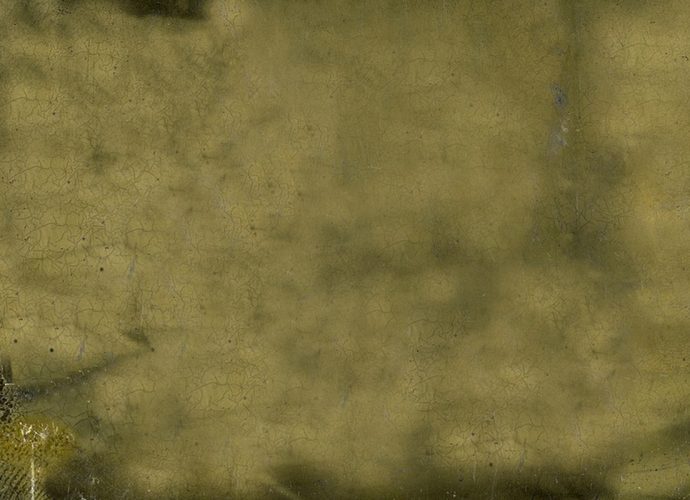Is Blessed Past Or Present Tense?
Have or has is used with a past participle to form the present perfect tense. This tense designates action which began in the past but continues into the present, or the effect of the action continues into the present. What type of verb is blessed? verb (used with object), blessedRead More →









